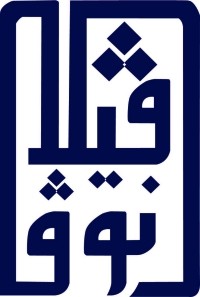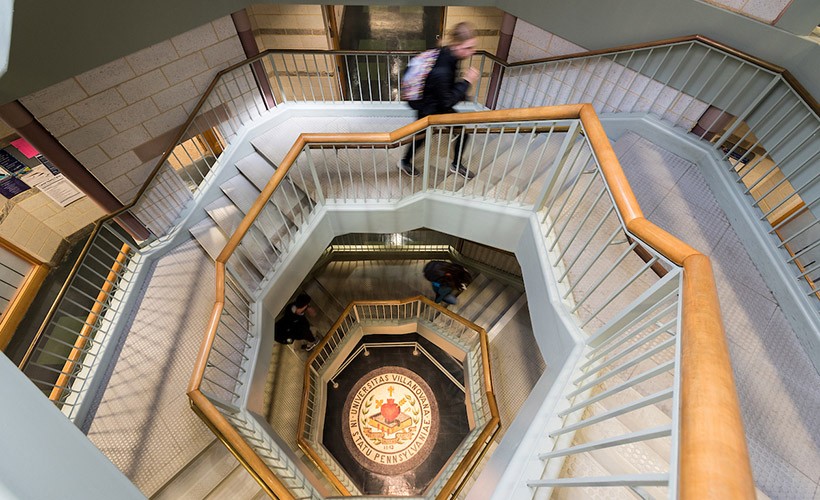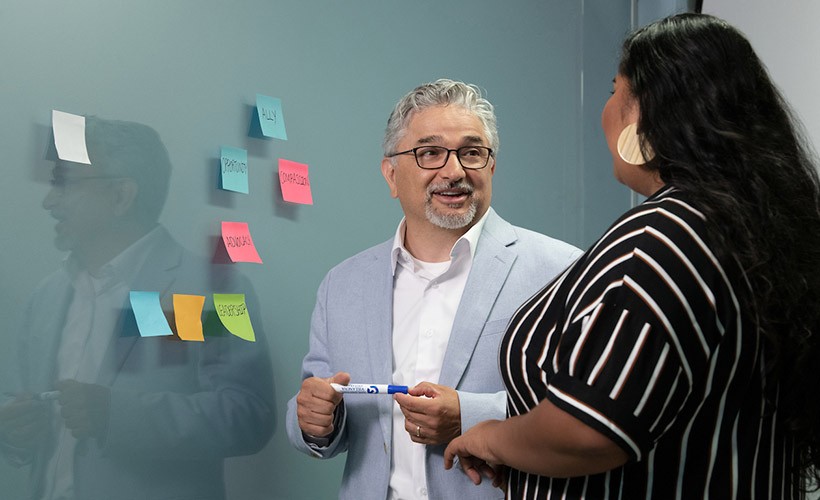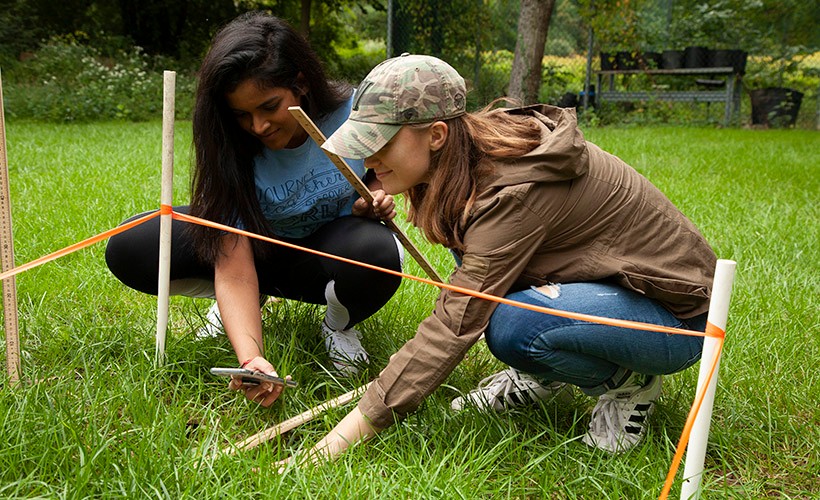ABOUT THE CENTER
Villanova University established the Center for Arab and Islamic Studies in 1983 in recognition of the critical importance of Arab and Islamic cultures, which have had a profound impact on the arts and sciences for centuries in the Middle East and elsewhere.
The Center for Arab and Islamic Studies was established in 1983 in accordance with the academic mission of Villanova University. Its membership is comprised of faculty from many disciplines, specializing in Arab and Islamic studies, whose goal is to promote the understanding and appreciation of Arab and Islamic societies in their religious, political, economic, social and cultural dimensions. The Center maintains rigorous academic standards in promoting the research and teaching of its faculty members. It supports a curriculum of undergraduate courses leading to a Minor in Arab and Islamic Studies.
The Center's faculty focus on past and present societies, cultures and peoples of the Arab and Islamic worlds with particular attention to the region of the Middle East. The Center promotes research and teaching on the contemporary dynamics of the Middle East both in terms of its internal circumstances and global implications.
How the CAIS Promotes Its Mission
- Enhancing and strengthening faculty professional development in their respective specialties through research and teaching.
- Inviting undergraduates from all Villanova colleges to participate in the Center's Minor in Arab and Islamic Studies.
- Encouraging and providing avenues of support for Villanova students to live and study in a Middle Eastern, Arab or Islamic country for a summer, semester or year.
- Presenting lectures, film series and seminars open to students, faculty and the public.
- Planning and supporting seminars, workshops and conferences in the fields of Arab and Islamic Studies.
- Inviting international scholars with expertise in the Center's fields to visit and work at Villanova, encouraging faculty and student exchanges, and promoting affiliation agreements with universities in the fields of Arab and Islamic Studies.
The Center for Arab and Islamic Studies is, in its scholarship, its community, and its purpose, firmly aligned with the University’s statement on diversity:
“Villanova University, as a Catholic Augustinian institution of higher education, recognizes diversity as an integral component of the teaching and learning experience and as an essential element of the ongoing intellectual, social and spiritual development of every member of the Villanova community.
Accordingly, Villanova University will be a diverse community. We commit ourselves to cultivating an academic environment marked by genuine curiosity about different perspectives, ardent receptivity to knowledge generated through intercultural connections and a genuine sensitivity to the variety of human experiences marked by domestic and global differences.”
ARABIC CARTOUCHE
Artist Kamal Boullata created this cartouche in 1983 for the Center for Arabic and Islamic Studies at Villanova University. Based on a modernized rendering of a traditional, angular Arabic script, the calligraphic lettering reads, “Villanova.”

Artist’s Description
“Like an ancient seal or a walled city, the vertical structure is all selfcontained. The three rhombic points appearing twice within the cartouche (to spell the letter ‘V’) are drawn in a pyramidal shape and may recall the three points at the three ends of the golden Orthodox cross (as viewed in the Mount of Olives Russian church, representing the Trinity).
In the very middle of the seal, two other rhombic points, appearing once next to each other (to spell the letter ‘i’), may mirror how two people have been destined to live side by side in the heart of the same city. To the right of these point groupings, there is a single rhombic point (to spell the letter ‘n’), which may sum up the echo of the Oneness to which we all belong.”
Kamal Boullata is considered one of Palestine’s great modernist artists. Born in Jerusalem, he went on to study at the Fine Arts Academy of Rome and the Corcoran School of the Arts and Design in Washington, D.C. Boullata’s work is found in private collections throughout the United States, Europe and the Arab world.



